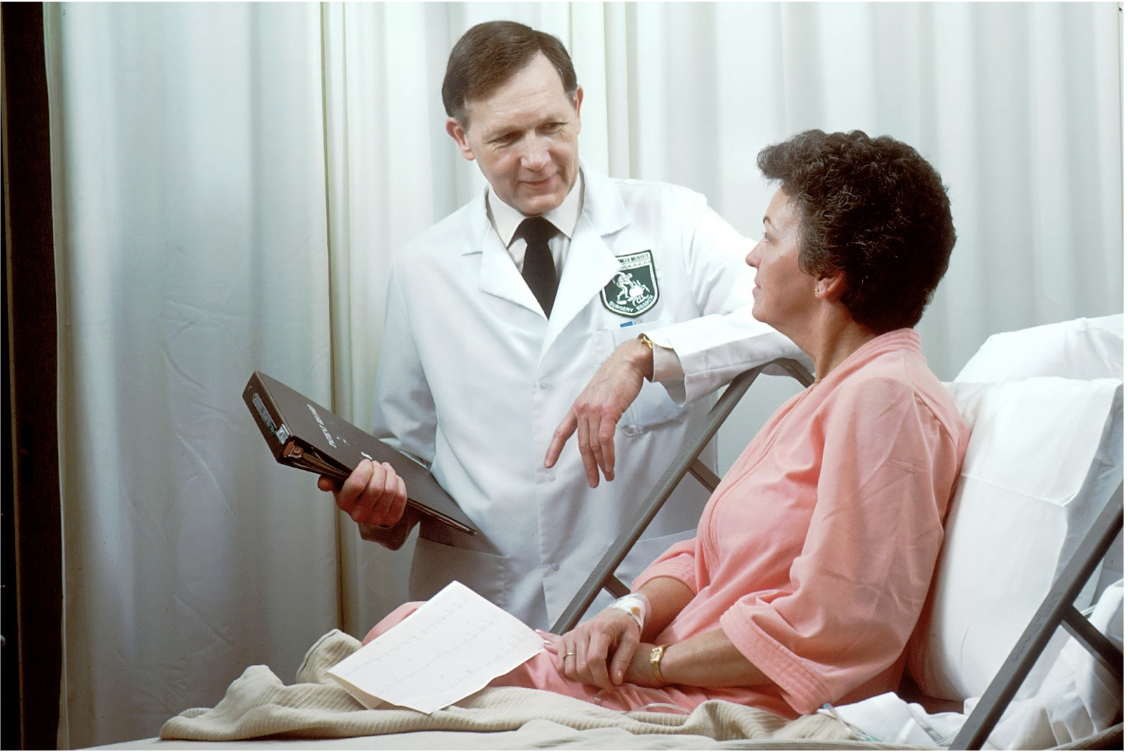
Mainz Biomed N.V. (NASDAQ: MYNZ), a molecular genetics diagnostic company, has taken a significant step towards introducing its early colorectal cancer detection screening, ColoAlert®, to the United States market. The company has announced partnerships with Quest Diagnostics (NYSE: DGX), a leading provider of diagnostic information services, to support its FDA pivotal study and potential commercialization efforts.
Under the agreements, Quest Diagnostics will provide clinical trial and laboratory services for Mainz Biomed’s ReconAAsense Food and Drug Administration pivotal study of ColoAlert. The trial, scheduled to begin next year, is expected to involve up to 15,000 patients. This collaboration is crucial for Mainz Biomed’s strategy to establish scalable distribution in the U.S. through partnerships with regional and national laboratory service providers.
The potential impact of this partnership is substantial, given the prevalence and severity of colorectal cancer. As the third most common cancer globally, with over 1.9 million new cases reported in 2020, there is a pressing need for improved screening methods. Currently, 71% of colorectal cancer diagnoses are made in the later stages of the disease, despite a 90% five-year survival rate when caught early.
ColoAlert offers a promising solution to this problem. The screening test analyzes tumor DNA for four markers associated with cancer: KRAS-mutation, BRAF-mutation, total amount of human DNA, and occult blood. Mainz Biomed reports that ColoAlert can detect 85% of colorectal cancer cases, often in very early stages. Recent trials have shown sensitivities exceeding 90% for detecting colorectal cancer and over 80% for advanced adenomas.
The U.S. market represents a significant opportunity for Mainz Biomed. With 16.6 million colonoscopies performed annually and about one-third of U.S. residents aged 50-75 having never been screened for colon cancer, the company estimates a $4 billion total market opportunity in the country.
Quest Diagnostics’ involvement extends beyond the clinical trial. The company has been granted a semi-exclusive right to market ColoAlert in the U.S. for an eighteen-month period. If exercised, this option would allow Quest Diagnostics to offer the product through multiple channels, including physicians, health systems, hospitals, health plans, employers, and consumers.
Guido Baechler, Chief Executive Officer of Mainz Biomed, expressed enthusiasm about the collaboration, stating, ‘Teaming with Quest Diagnostics during our critical FDA Study will be key to our long-term success.’
This partnership follows Mainz Biomed’s recent strategic alliance with Thermo Fisher Scientific (NYSE: TMO), further strengthening the company’s position in the U.S. market. With $8 million in funding dedicated to expediting FDA approval, Mainz Biomed is poised to potentially transform cancer prevention in the United States.
The introduction of ColoAlert to the U.S. market could significantly impact public health outcomes. By providing a less invasive and easy-to-use alternative to current screening methods, ColoAlert may increase screening rates and lead to earlier detection of colorectal cancer. This, in turn, could improve survival rates and reduce the overall burden of the disease on the healthcare system.
As Mainz Biomed progresses towards its goal of commercializing ColoAlert in the U.S., the healthcare industry and investors alike will be watching closely. The success of this venture could not only benefit Mainz Biomed and Quest Diagnostics but also potentially save countless lives through improved early detection of colorectal cancer.

This news story relied on a press release distributed by News Direct. Blockchain Registration, Verification & Enhancement provided by NewsRamp™. The source URL for this press release is Mainz Biomed Partners with Quest Diagnostics to Advance Colorectal Cancer Screening in the U.S..